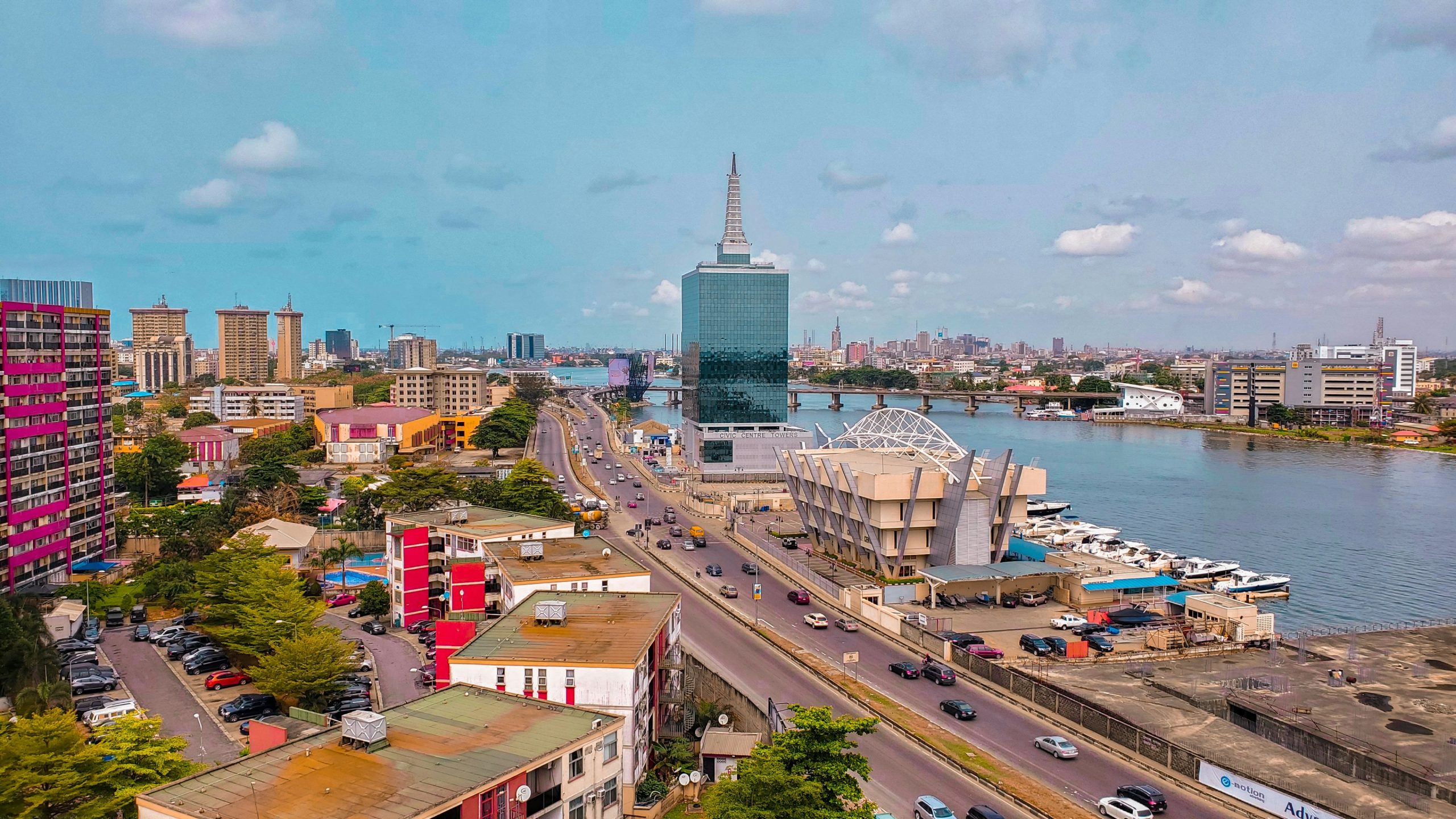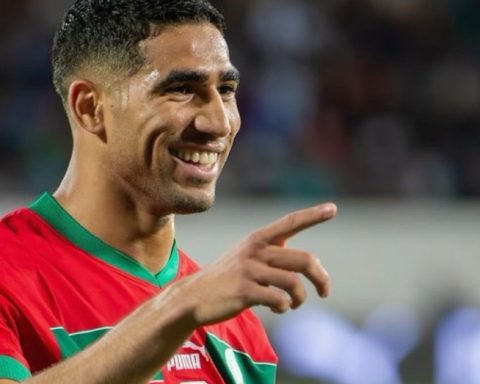U.S. Senator Ted Cruz says Nigeria’s government has “ignored and even facilitated the mass murder of Christians,” alleging 50,000 deaths since 2009 and the destruction of more than 20,000 churches and schools. Moreover, he is promoting a Nigeria Religious Freedom Accountability Act to sanction officials he deems responsible. Consequently, his comments reignited a global debate about Nigeria Christian killings and how best to respond.
Nigeria Pushes Back
However, Nigeria’s government rejects the accusations about killings mainly targeting Christians. Officials call the numbers “false” and “misleading,” arguing that extremists have killed both Christians and Muslims and that the state does not target any religion. Moreover, they frame the senator’s remarks as an oversimplification of a complex security emergency that stretches across several regions. In their view, the picture is broader than the headline claim about Nigeria Christian killings.
Senate Voices in Abuja
Meanwhile, senior lawmakers in Abuja, including Senator Ali Ndume, dismiss talk of a “Christian genocide.” They warn that sweeping claims risk stoking division and misunderstanding. Furthermore, the Senate has discussed steps to correct what it considers misconceptions and to pursue diplomatic engagement with Washington. As a result, the debate keeps attention on the facts and on the need for careful language when discussing the matter of Nigeria Christian killings.
The Broader Context
Beyond the political dispute, Nigeria faces overlapping threats: jihadist violence in the northeast, criminal banditry in the northwest, and farmer–herder conflict across central states. Specifically, this violence has led to many killings, including of Christians. Moreover, victims include Christians and Muslims. Drivers range from ideology to land pressure, resource scarcity, and weak local security. Consequently, critics of the claim say headline numbers often lack clear sourcing and can blur the differences between these crises.
Why it Matters for South Africans
For South Africans, the dispute carries real-world stakes: potential sanctions, shifts in aid, and pressure on a key West African corridor for trade and migration. Therefore, while Cruz pushes targeted sanctions and Nigerian officials deny state complicity, analysts continue to call for a nuanced reading of the violence surrounding Christian killings in Nigeria. Ultimately, the core question remains how to protect civilians—of every faith—while addressing the root causes behind Nigeria’s bloodshed.



